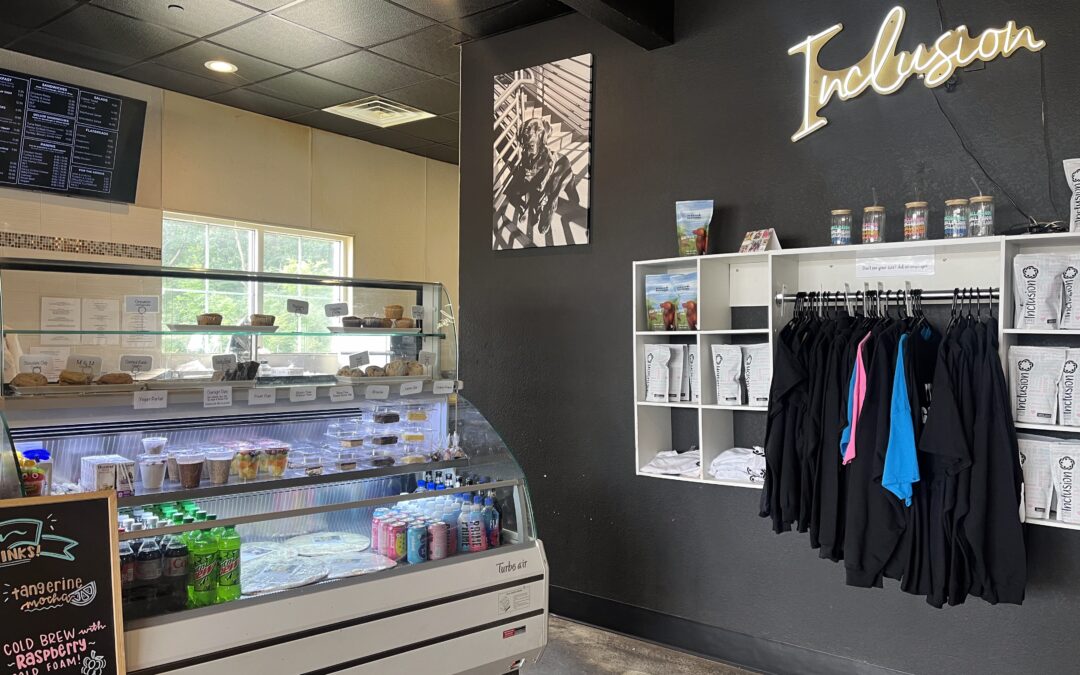Inflation can feel like a runaway train, making it challenging to keep up with rising prices on everything from groceries to gas. When the cost of living starts to outpace your income, it’s crucial to revisit your budget and make adjustments to maintain financial stability. Here are some practical tips and strategies to help you budget effectively during times of high inflation.
1. Reevaluate Your Budget
The first step in combating inflation is to take a hard look at your current budget. Track your income and expenses closely to identify areas where you can cut back. This might include dining out less, canceling unused subscriptions, or finding cheaper alternatives for everyday items.
2. Prioritize Your Spending
Focus on essentials first. Allocate your budget to cover necessities such as housing, utilities, groceries, transportation, and healthcare. Once these are accounted for, you can determine how much is left for discretionary spending.
3. Adjust Your Grocery Habits
Groceries are one of the most affected categories during inflation. To save money, consider the following tips:
- Plan Your Meals: Create a weekly meal plan based on sales and seasonal produce. This reduces impulse buys and ensures you use what you buy.
- Buy in Bulk: Items like rice, pasta, and canned goods often cost less when purchased in larger quantities.
- Use Coupons and Apps: Take advantage of coupons, store loyalty programs, and cashback apps to save on groceries.
4. Reduce Energy Consumption
With utility prices climbing, it’s wise to find ways to cut energy costs:
- Turn Off Lights: Make it a habit to turn off lights when you leave a room.
- Unplug Devices: Electronics can draw power even when turned off. Unplug them or use a power strip to cut off power completely.
- Adjust Thermostats: Lowering your thermostat by just a few degrees in the winter and raising it in the summer can lead to significant savings.
5. Limit Transportation Costs
Rising fuel prices can take a big bite out of your budget. Consider these strategies:
- Carpool or Use Public Transit: Sharing rides or using public transportation can save on gas and reduce wear and tear on your vehicle.
- Combine Errands: Plan your trips to minimize driving by combining errands into one outing.
- Maintain Your Vehicle: Keeping your car in good condition can improve fuel efficiency and prevent costly repairs.
6. Reassess Subscriptions and Memberships
Review all your subscriptions and memberships to see which ones you can live without. Canceling or downgrading services you rarely use can free up funds for more essential expenses.
7. Build an Emergency Fund
If you don’t already have an emergency fund, now is the time to start one. Aim to save at least three to six months’ worth of expenses. This fund can be a financial safety net in case of unexpected costs or job loss.
8. Invest Wisely
Inflation can erode the value of your savings over time. Consider investing in assets that traditionally perform well during inflationary periods, such as real estate, stocks, or Treasury Inflation-Protected Securities (TIPS).
9. Seek Additional Income
Look for ways to supplement your income. This could be through freelance work, part-time jobs, or selling unused items. Additional income can help offset rising costs and give your budget some breathing room.
10. Stay Informed
Keep up with economic news and trends. Understanding inflation and its potential impact on your finances can help you make informed decisions and adjust your budget as needed.
Yes, You Can do This
While high inflation poses significant challenges, taking proactive steps to manage your budget can help you navigate these turbulent times. By reevaluating your spending, prioritizing essentials, and finding ways to cut costs, you can maintain financial stability and weather the storm of rising prices. Remember, small adjustments can add up to big savings, so start making changes today to secure a more stable financial future.
NEXT: MCILHERAN: Wisconsin Needs to Crank up Electricity Supply










